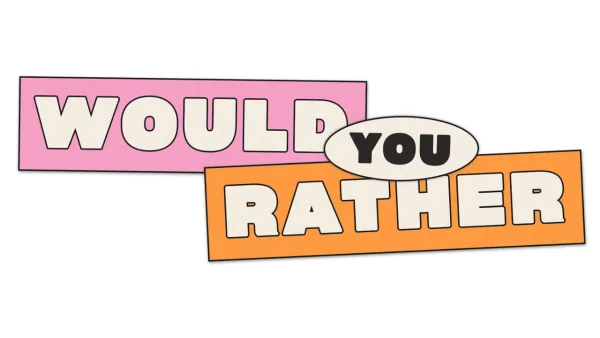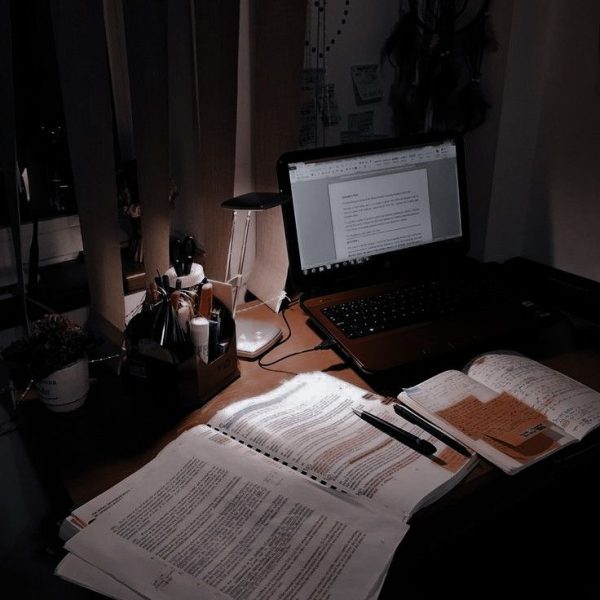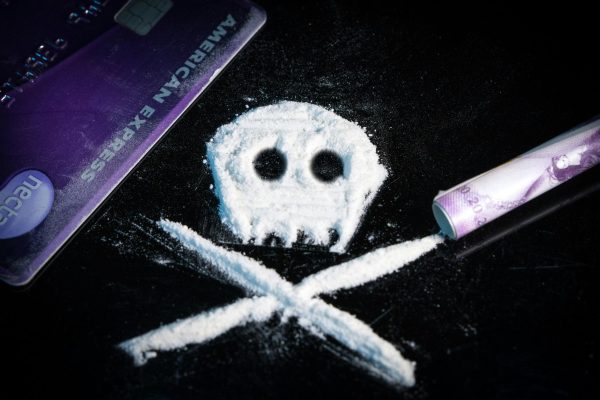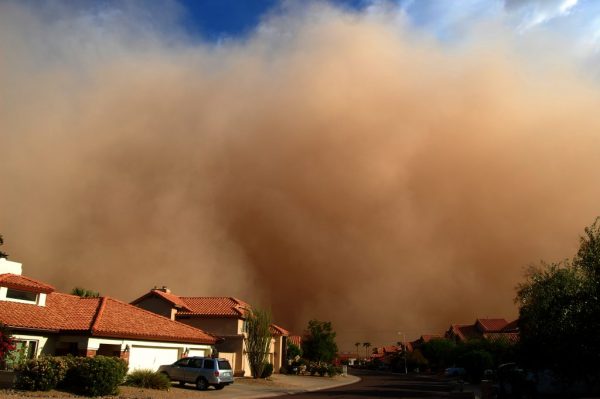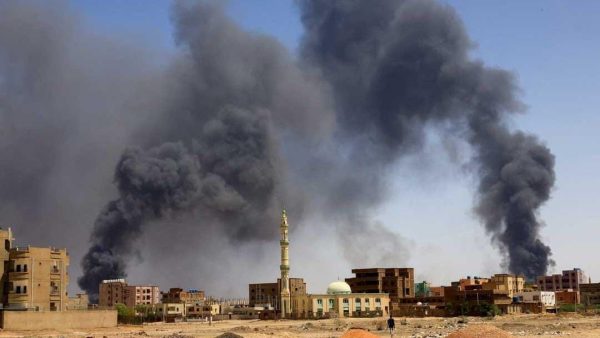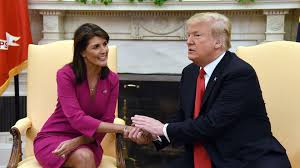The Effects of 9/11 on Air Travel
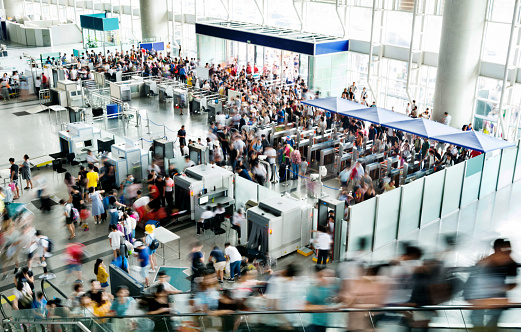
Crowd of people on railroad station lobby.
October 11, 2021
The attacks on the twin towers on that fateful day of September 11, 2001, changed America and the world forever. Airport security and air travel have changed dramatically because of that horrendous and disastrous day. Without warning, changes were forced to be made to ensure the safety of travelers and to prevent an attack like 9/11 from happening again.
Before the attacks air travel was easy, passengers would walk through the metal detectors with coats and shoes on and anyone could walk right to the gate without a boarding pass or ID. Security lines were not full of monstrous lines because security measures were not as strict as they are today. Families were allowed to go to the gate with whomever they were dropping off they didn’t need a boarding pass or identification.
Two months after the attacks and hijackings President George W. Bush created The Transportation Security Administration. Instead of the private companies that airlines would hire for security, there would be federal airport screeners, checked bags were to be screened, the cockpit of the aircraft would be reinforced, and there would be more federal Air Marshals put onto flights. Anything that could be used as a weapon such as a razor blade knife or any sharp object were banned from entering the cabin.
All of this has changed so much because of the terrorist hijackers that took over 4 planes. All of which crashed, 3 into buildings the Twin Towers and the Pentagon, and the 4th was taken down by passengers into an open field. These events have led to a more high level of security.
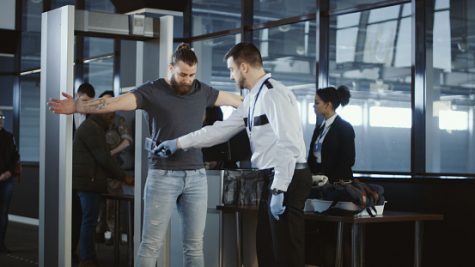
After 9/11 and all of these changes were made to ensure the safety of travelers in airports and the air, it also sparked the need to quickly change something if someone got around the extra security. The tensions were high and people were afraid to fly and for almost 2 years air travel had slowed down. Airline companies didn’t know what the future would hold for air travel. U.S. airlines lost $8 billion in 2001 due to the attacks which got worse over 5 years as they lost $60 billion these companies were unable to be profitable again until 2006. This resulted in hundreds of people losing their jobs and the industry trying to stay afloat despite the billions of dollars lost.
The fear that was created on that dreadful day helped to ensure an important step in keeping air travel safe and efficient. Security lines are longer, the cockpit of a plane is locked and reinforced, certain items are banned like razor blades. Even limits were put on liquids out of precaution of someone concocting a bomb. Shoes are to be taken off when going through security as they can hide shanks or even bombs. Just a few months after 9/11 a man named Richard Reid made homemade bombs and placed them in his shoes his attempt to bomb the aircraft failed as he couldn’t light the fuse and was restrained by crew members and passengers.
9/11 created a high concern and worry for air travel people were terrified that a hijacking or bombing could happen again. To ensure that nothing as awful as the attacks on the Twin Towers, the Pentagon, and the takedown of another plane in an open field doesn’t happen again extra security measures have been put into place. The long lines and checking bags are to help keep air travel as safe as possible and to never allow such a travesty to occur again.







